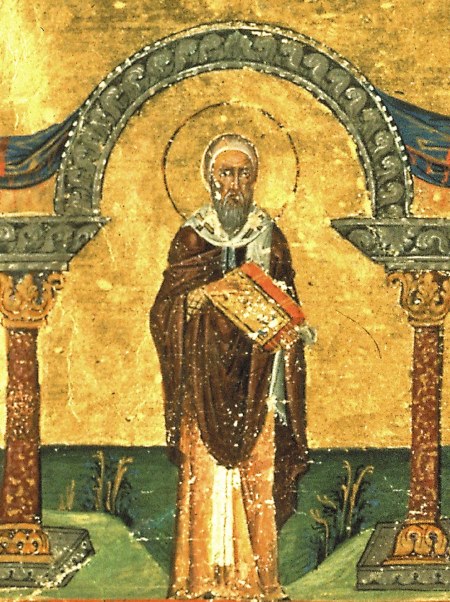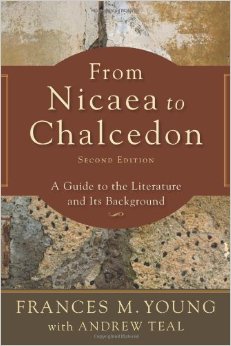Podcast: Play in new window | Download
Subscribe: Spotify | Email | RSS
 What should we think of Athanasius’s ferocious condemnations of those he termed “Arians”?
What should we think of Athanasius’s ferocious condemnations of those he termed “Arians”?
And what should we think of his theological claims and arguments in his On the Nicene Council? Does he show that the creed of 325 simply defended and rephrased what Christians had always believed about God and Jesus, which moreover is plainly taught in the Bible? And what about his speculations about salvation, atonement, and deification?
In this episode, I assess both the man and his arguments, using scripture and reason.
Links for this episode:
- podcast 170 – Athanasius’s On the Nicene Council – Part 2
- podcast 169 – Athanasius’s On the Nicene Council – Part 1
- Athanasius, On the Nicene Council aka Defence of the Nicene Definition
- Discourses Against the Arians
 Titus 3:1-11; 2 Timothy 2:22-26; Galatians 5:19-22; 1 John 2:3-11; Matthew 5:21-22; Acts 2:22-36; John 1:1; Luke 1:35; 2 Peter 1:4.
Titus 3:1-11; 2 Timothy 2:22-26; Galatians 5:19-22; 1 John 2:3-11; Matthew 5:21-22; Acts 2:22-36; John 1:1; Luke 1:35; 2 Peter 1:4.- podcast 22 – a cure for odium theologicum
- podcast 12 – the Apostles’ Creed
- podcast 11 – Tertullian the unitarian
- The Cambridge History of Early Christian Literature
- Eusebius’s letter describing the Council at Nicea in 325
- “Only God can forgive sins.” False.
- Frances Young, From Nicea to Chalcedon, 2nd ed.
- podcast 60 – Dr. Carl Mosser on deification in the Bible
- podcast 59 – Dr. Carl Mosser on salvation as deification
- This week’s thinking music is “Zest” by basematic. [spp-tweet tweet=”Was St. Athanasius a saint?”]

Even Peter was called Satan by Jesus. Both behavior and doctrine are important. (Podcast 171)
Ancient Israelites were Henotheists not Monotheists. Both late Judaism and nascent Christianity adopted Monotheism. The unity of essence is what determines the monotheistic feature of Athanasius’ argument, the essence of the Son being the same essence the Father had is what Athanasius and his contemporary Homoousian argue. The Homoousian doctrine was completely warranted by the meaning found in the Bible ?? ?? ????? ???? ??????? (Phil 2:6a). morphe = ousia (Podcast 171)
The salvific value of Christ’s divine status is undeniable even in Unitarian rationale (All authority have been given to me Mt 28:18). Of course, divinization of Christ and Christians aren’t the same. Scripture does distinguish the two ??? ?? ???? ???????? ??? ?? ??????? ??? ???????? ????????? (Col 2:9). pleres pleroma theotetos = fully divine (Podcast 171)
Comments are closed.